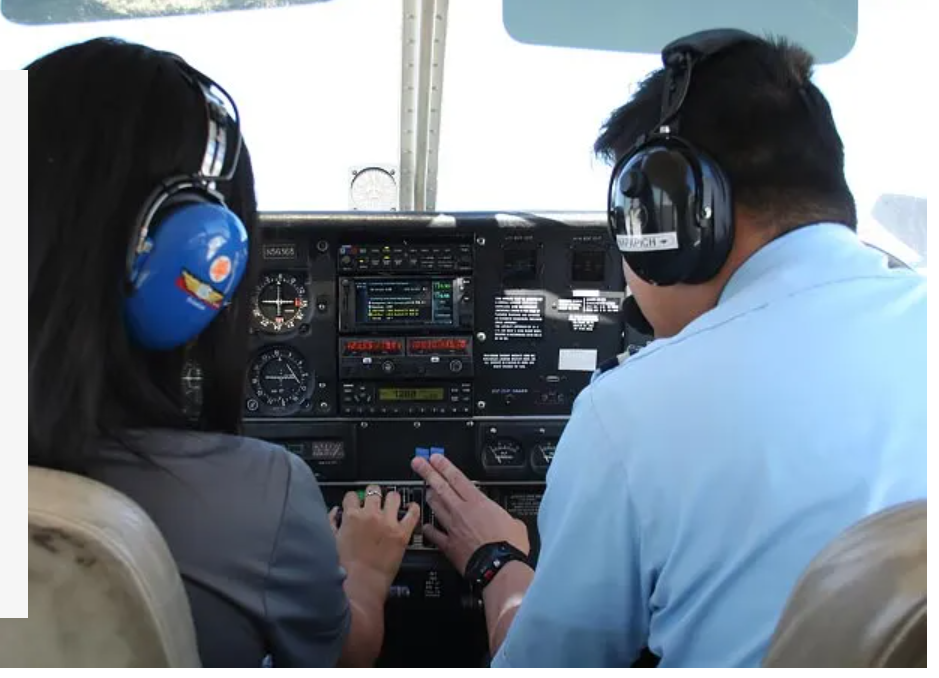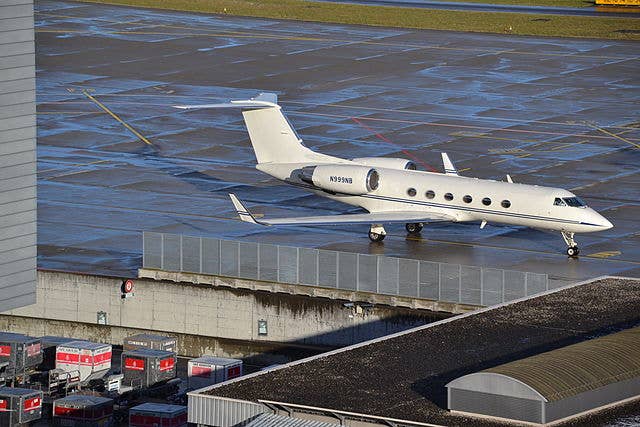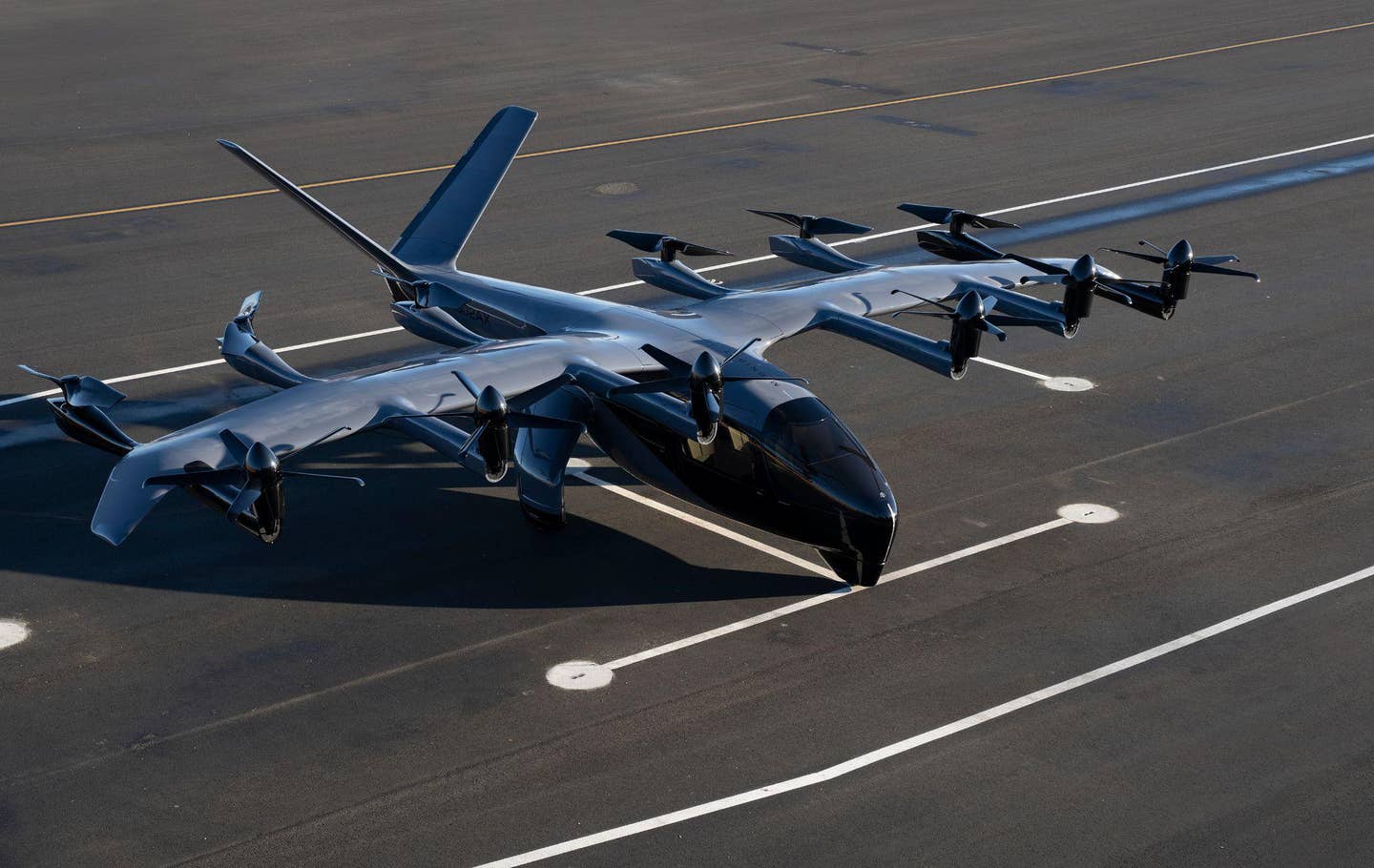Court Action Looms Over California Unleaded Fuel Availability
The Center for Environmental Health (CEH) appears poised to challenge in court the National Air Transport Association’s assertion that General Aviation Modifications Inc.’s G100UL is not commercially available. “G100UL has…

The Center for Environmental Health (CEH) appears poised to challenge in court the National Air Transport Association's assertion that General Aviation Modifications Inc.'s G100UL is not commercially available. "G100UL has been approved by FAA and is now in production. There are approximately 1 million gallons available for purchase and distribution into California," CEH's lawyer Mark Todzo said in a statement to AVweb. "It is therefore commercially available as that term is defined in CEH’s Consent Judgment."
That judgment, which settled a lawsuit by CEH against dozens of FBOs and fuel distributors, requires them to sell a fuel with lower lead than 100LL as soon as one becomes commercially available. "The Consent Judgment has an enforcement provision, so if the distributors refuse to distribute G100UL or the FBOs refuse to offer it for sale once it is being distributed into California, the Court will ultimately decide whose interpretation of 'commercially available' is correct," Todzo said. "Nothing has been filed with the Court, yet." The City of Livermore, near San Francisco, may be the first test case, however.
At the regular meeting of the city council on Monday, (video of meeting here, fuel discussion starts at 25 minutes) a resolution was passed amending the definition of aviation fuel (full text below) and including the provision that "the fuel must have an industry standard detailing specific requirements for the quality and safe use of the fuel (i.e. ASTM) where the fuel is also accompanied by risk mitigation protection with established product liability insurance coverage provided by the manufacturer or distributor." GAMI has not obtained an ASTM International specification for G100UL but does have an FAA STC that allows its use by virtually every gasoline-powered engine in FAA certified airplanes. Vitol Aviation, the licensed manufacturer of G100UL, says the fuel it has stockpiled is fully insured and is, in fact, for sale.
Aviation fuel consultant Paul Milner told the council that the ASTM specification doesn't provide indemnification and is not a requirement for fuel to be sold. He said the amendment therefore delays the sale of unleaded fuel at the airport when the intent of the ordinance is to speed it up. He also cast doubt on the objectivity of the ASTM process, noting that oil companies fund participation by their employees on the committees "to protect, defend and establish their rights in the marketplace" and that council should "carefully assess committee participants' motivations."
Acting Airport Manager Benny Stuart appeared to contradict the ordinance requirement for an industry standard, saying the STC was enough to allow the sale of G100UL. "GAMI 100 would be allowed under this ordinance," he said. He also said that while G100UL is a drop-in replacement for 100LL it has not been tested for mixing with Swift 94UL, which is widely available in the Bay Area and might be an issue for visiting aircraft needing fuel.
Pete Sandhu, who runs Five Rivers Aviation, the FBO at Livermore, said customers don't want G100UL because of the $300-to-$700 cost of the STC, and he predicted that two other 100 octane unleaded fuels in development will force G100UL out of the market in Livermore. VP Aviation is predicting its 100-octane fuel will have FAA fleet authorization by the end of 2025 while Swift Fuels has not set a timeline for STC and ASTM approval of its 100LL replacement.
Sandhu said his customers have made up their minds. "No one will buy [G100UL] and it's soon to be replaced," Sandhu said, noting that Swift's 94UL, which cannot be used by some aircraft, is in use at neighboring airports and is what Livermore customers want. "The market has decided that Swift is the preferred product."






